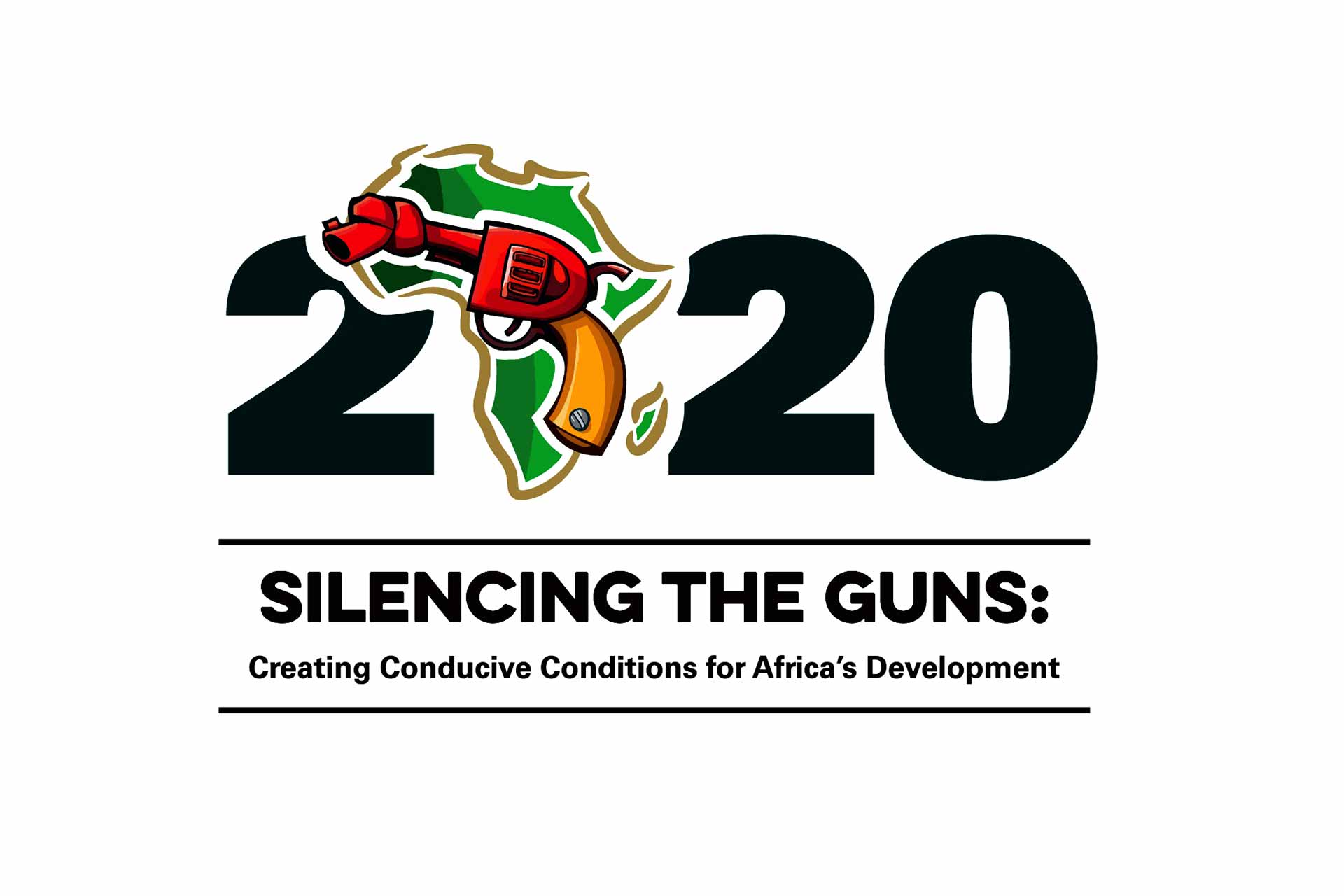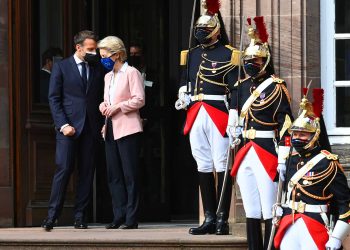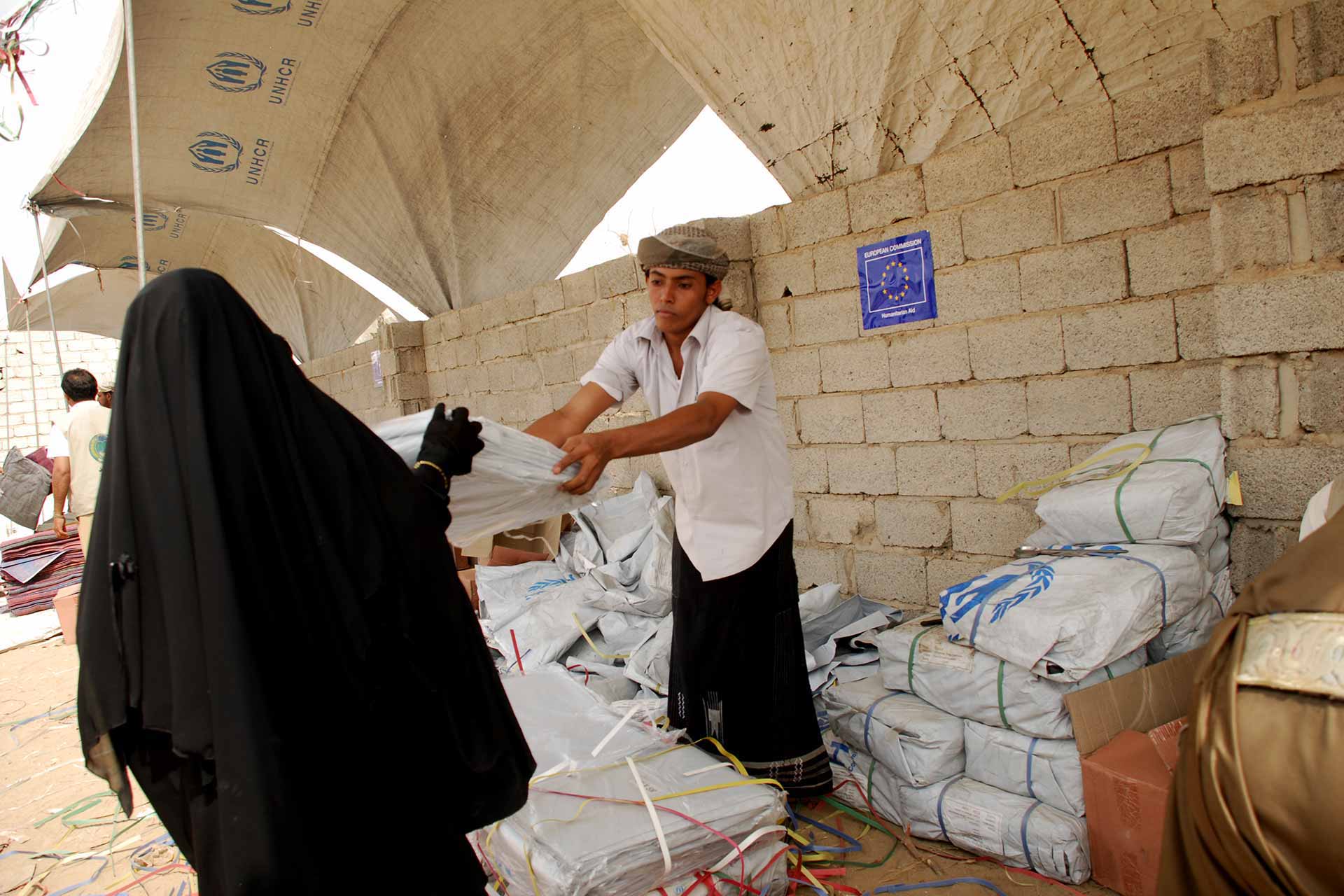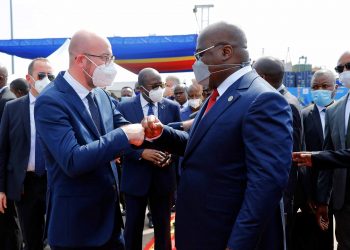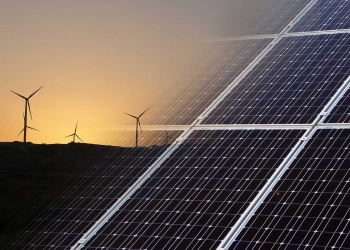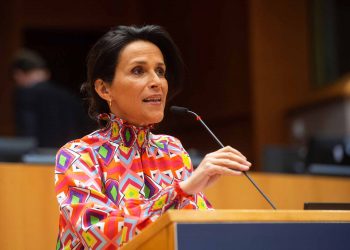The AU’s campaign on “Silencing the Guns in Africa by 2020” aims to achieve a conflict-free Africa, prevent genocide, make peace a reality for all and rid the continent of wars, violent conflicts, human rights violations, and humanitarian disasters.
Silencing the Guns in Africa to feature prominently in Pan-African Parliament’s Peace Efforts and Interventions.
The Office of the AU High Representative for Silencing the Guns, in partnership with AUC Department of Political Affairs, and Special Envoy for Women Peace and Security hosted the women and youth caucuses of the African parliament in Ethiopia to shore up efforts aimed at silencing the guns in Africa.
The two-day high-level forum for women and youth parliamentarians from the 235-legislative body, is a precursor to the launch of ‘Silencing the Guns’ as the AU theme of the Year 2020. At least fifty (50) women and youth legislators are attending the meeting, organized jointly by the Office of the African Union (AU) High Representative for Silencing the Guns in Africa, the AU Department of Political Affairs and the Office of the Special Envoy for Women, Peace and Security.
I believe that peace, security and socio-economic development should be pursued simultaneously. One cannot exist without the other!
Ambassador Ramtane Lamamra
He urged the Pan-African body, which is the African Union’s legislative arm, to persuade AU Member States to develop and implement National Action Plans on silencing the guns. “I cannot over-emphasize your oversight role over national legislative bodies. I urge you to use your platform, to lobby African governments to commit to tangible action on peace and security,” Amb. Lamamra added.
Women and youth play a key role in peace-building and security on the continent and their contribution to silencing the guns is critical in achieving a conflict free Africa. The Bureau of the Women’s Caucus of the Pan-African Parliament is keen on ensuring that women participate actively in peace and conflict resolution initiatives.
“Silencing the Guns is at the nexus of peace and development. It is not just about guns, it is about what drives people to resort to guns. We need to address those underlying issues,” noted Mrs. Aissatou Hayatou, the STG Operations Manager.
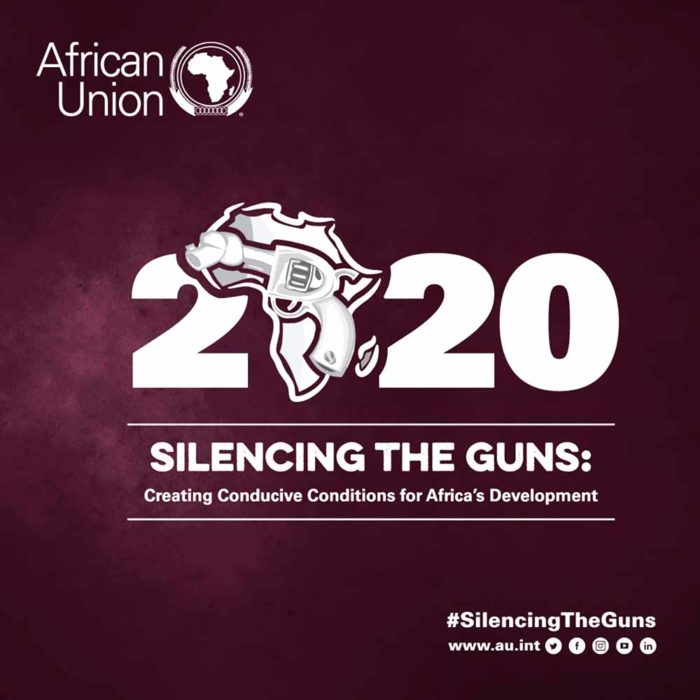
During the two-day meeting, the women parliamentarians will deliberate on the role of parliamentarians and law makers in silencing the guns at national level and recommend actions to the Silencing the Guns campaigns. The workshop will also deliberate on the root causes of conflict such as governance and socio-economic disparities.
“Dialogue and non-violent communal problem-solving are not new to Africans. It is deeply rooted in our culture. Therefore, I share a responsibility to look after fellow Africans and to help find solutions that will benefit our continent and my own home country,” noted Hon. Amina Abdou Souna, the Chairperson of the Pan-African Parliament’s Committee on Education.
As part of AU Agenda 2063, the AU Heads of State and Government adopted the Silencing the Guns by 2020 initiative as a flagship project that aims to end all conflicts in Africa by 2020. While good progress has been made in reducing state-driven conflicts, recurring conflicts in several regions is rolling back gains already made in achieving lasting peace. In 2020 the African Union will reinforce its efforts to silence the continent’s guns, focusing in particular on addressing the underlying root-causes and facilitating socio-economic development on the continent.
Agenda 2063: The Africa We Want
AGENDA 2063 is Africa’s blueprint and master plan for transforming Africa into the global powerhouse of the future. It is the continent’s strategic framework that aims to deliver on its goal for inclusive and sustainable development and is a concrete manifestation of the pan-African drive for unity, self-determination, freedom, progress and collective prosperity pursued under Pan-Africanism and African Renaissance The genesis of Agenda 2063 was the realisation by African leaders that there was a need to refocus and reprioritise Africa’s agenda from the struggle against apartheid and the attainment of political independence for the continent which had been the focus of The Organisation of African Unity (OAU), the precursor of the African Union; and instead to prioritise inclusive social and economic development, continental and regional integration, democratic governance and peace and security amongst other issues aimed at repositioning Africa to becoming a dominant player in the global arena.
As an affirmation of their commitment to support Africa’s new path for attaining inclusive and sustainable economic growth and development African heads of state and government signed the 50th Anniversary Solemn Declaration during the Golden Jubilee celebrations of the formation of the OAU /AU in May 2013. The declaration marked the re-dedication of Africa towards the attainment of the Pan African Vision of An integrated, prosperous and peaceful Africa, driven by its own citizens, representing a dynamic force in the international arena and Agenda 2063 is the concrete manifestation of how the continent intends to achieve this vision within a 50 year period from 2013 to 2063. The Africa of the future was captured in a letter presented by the former Chairperson of the African Union Commission, Dr. Nkosazana Dlaminin Zuma.
The need to envision a long-term 50 year development trajectory for Africa is important as Africa needs to revise and adapt its development agenda due to ongoing structural transformations; increased peace and reduction in the number of conflicts; renewed economic growth and social progress; the need for people centered development, gender equality and youth empowerment; changing global contexts such as increased globalization and the ICT revolution; the increased unity of Africa which makes it a global power to be reckoned with and capable of rallying support around its own common agenda; and emerging development and investment opportunities in areas such as agri-business, infrastructure development, health and education as well as the value addition in African commodities.
Agenda 2063 encapsulates not only Africa’s Aspirations for the Future but also identifies key Flagship Programmes which can boost Africa’s economic growth and development and lead to the rapid transformation of the continent.
Agenda 2063 also identifies key activities to be undertaken in its 10 year Implementation Plans which will ensure that Agenda 2063 delivers both quantitative and qualitative Transformational Outcomes for Africa’s people.
Download here: First Continental Report on the Implementation of Agenda 2063
The January 2013 African Union Summit adopted Agenda 2063 – “The Africa We Want” – as Africa’s blueprint and master plan for sustainable development and economic growth of the continent. It is an affirmation by African Heads of State and Government of their commitment to transform Africa into the global powerhouse.
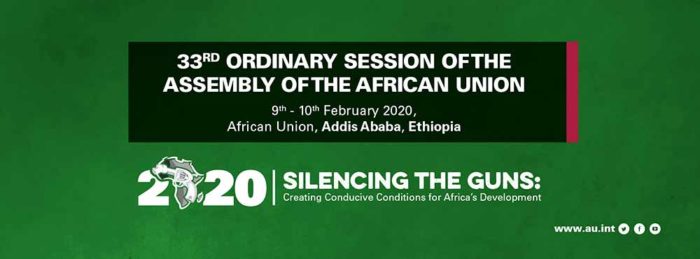
To fast-track implementation of Agenda 2063 over the 50-year period, the First Ten-Year Implementation Plan spanning from 2014 to 2023 was developed and subsequently endorsed at the June 2015 Summit of the African Union. In line with the Union’s results-based approach to development, high importance is attached to reporting on the implementation of Agenda 2063 as a prerequisite for facilitating peer learning and mutual accountability, and thus realising the continent’s developmental goals.
It is against this background that the African Union Commission (AUC) and the African Union Development Agency-NEPAD (AUDA-NEPAD) were tasked with coordinating continental-level progress reports towards achieving Agenda 2063’s First Ten-Year Implementation Plan.
This report is a consolidation and evidence-based assessment of country and regional-level progress reports on Agenda 2063, complemented with interventions and results achieved at the regional and continental level.
It serves as a rallying point for all stakeholders, including national and sub-national governments, regional bodies, civil society, academia and development partners to collectively accelerate implementation of Africa’s development blueprint. It is our sincere hope that the values and imperatives that framed Agenda 2063 will inspire all of us to strengthen our resolve and heighten our efforts towards realising “The Africa We Want”.

